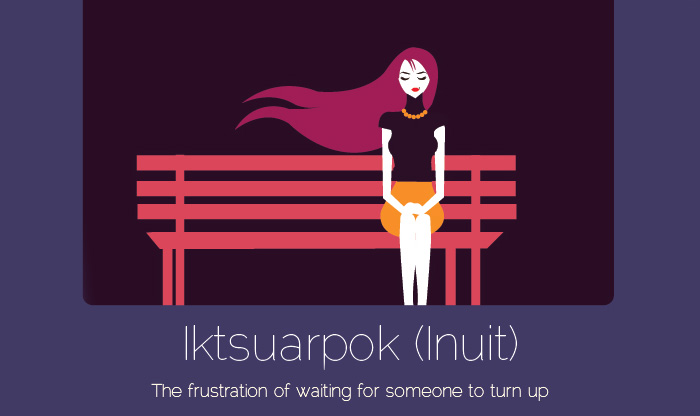
30 Untranslatable Words From Other Languages Illustrated By Anjana Iyer
When something is “lost in translation,” it could have been due to a simple mistake or because one language was not quite able to capture the essence of a word’s meaning in another language. This conflict is the idea behind New Zealand-based designer Anjana Iyer’s “Found in Translation” series of images, which try to explain the meaning behind the beautiful words in other languages that have no direct equivalent in English. There’s no word for the German schadenfreude or the Inuit iktsuarpok in English, so the best we can hope for is to approximate or explain these untranslatable words’ meanings.
Iyer drew the images as part of the “100 Days Project,” a website that invited and encourages artists to spend 100 days straight doing and creating what they love. Iyer is roughly half-way done with her project, so be sure to follow her and see what other cool words she will come up with next! And if you’re creative, as we know many of our bored pandas are – consider starting your own 100-day project!
Scroll down to see the illustrations of weird words being explained below!
Source: 100daysproject.co.nz | Behance (h/t)
1. Fernweh (German)
2. Komorebi (Japanese)
3. Tingo (Pascuense)
4. Pochemuchka (Russian)
5. Gökotta (Swedish)
6. Bakku-shan (Japanese)
7. Backpfeifengesicht (German)
8. Aware (Japanese)
9. Tsundoku (Japanese)
10. Shlimazl (Yiddish)
11. Rire dans sa barbe (French)
12. Waldeinsamkeit (German)
13. Hanyauku (Rukwangali)
14. Gattara (Italian)
15. Prozvonit (Czech)
16. Iktsuarpok (Inuit)
17. Papakata (Cook Islands Maori)
18. Friolero (Spanish)
19. Schilderwald (German)
20. Utepils (Norwegian)
21. Mamihlapinatapei (Yagan)
22. Culaccino (Italian)
23. Ilunga (Tshiluba)
24. Kyoikumama (Japanese)
25. Age-otori (Japanese)
26. Chai-Pani (Hindi)
27. Won (Korean)
28. Tokka (Finnish)
29. Schadenfreude (German)
30. Wabi-Sabi (Japanese)
767Kviews
Share on FacebookExplore more of these tags
#6 in English is butterface. As in, everything looks good, but her face.
In my English dialect we have an equivalent to "Friolero", I have no idea if it is a recognised English word but we use "nesh". Which describes someone who is cold when others are not. As in "You are nesh!"
#6 in English is butterface. As in, everything looks good, but her face.
In my English dialect we have an equivalent to "Friolero", I have no idea if it is a recognised English word but we use "nesh". Which describes someone who is cold when others are not. As in "You are nesh!"

 Dark Mode
Dark Mode 

 No fees, cancel anytime
No fees, cancel anytime 






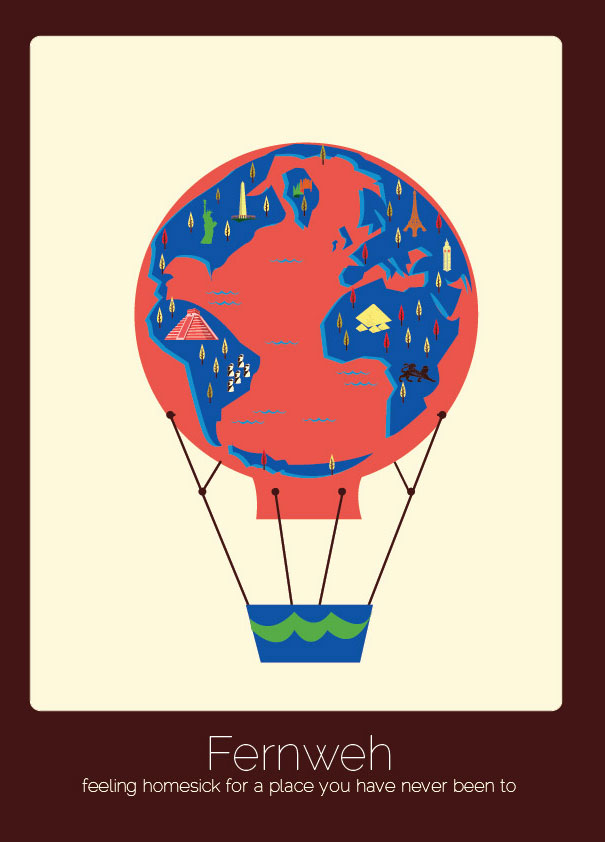
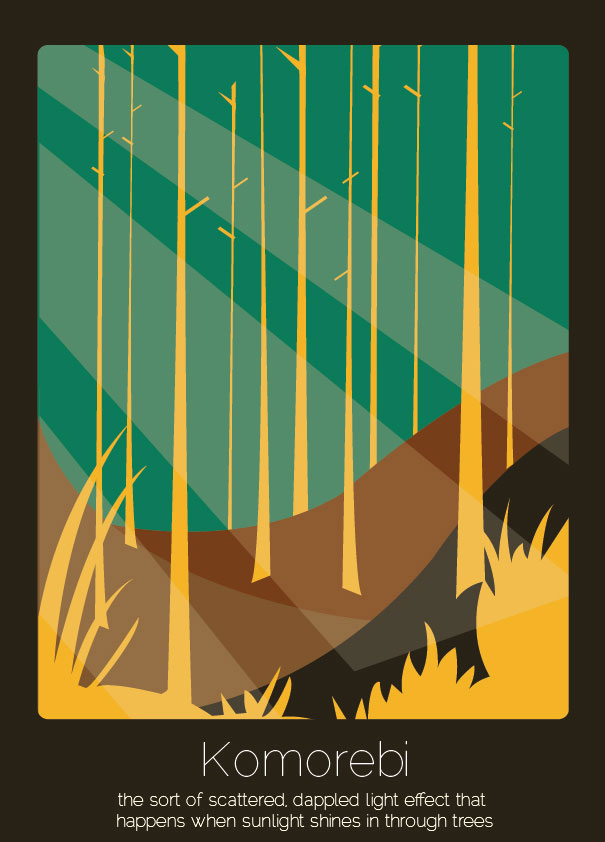
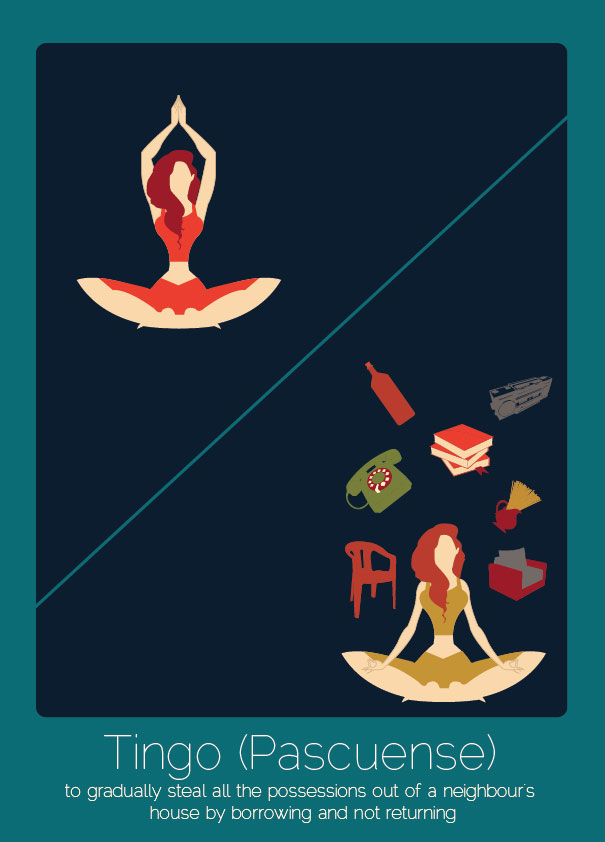
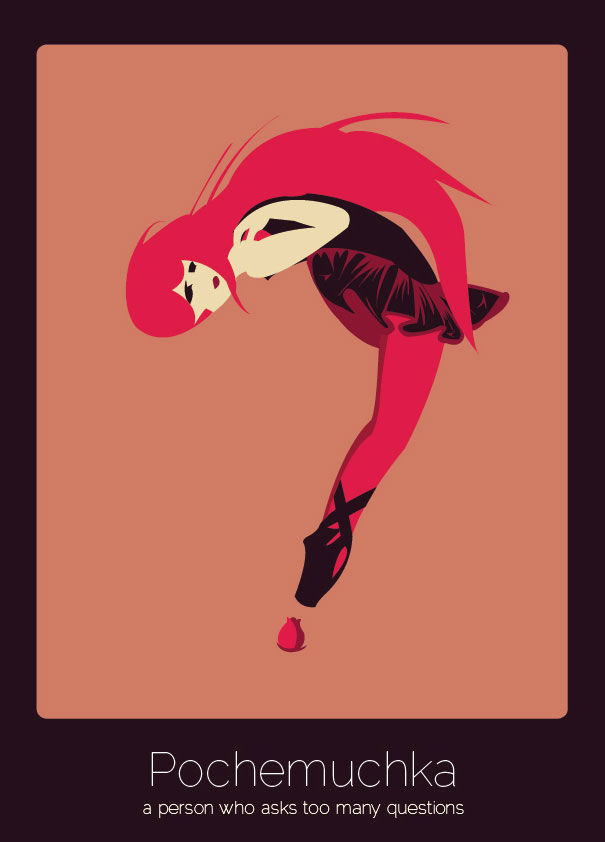
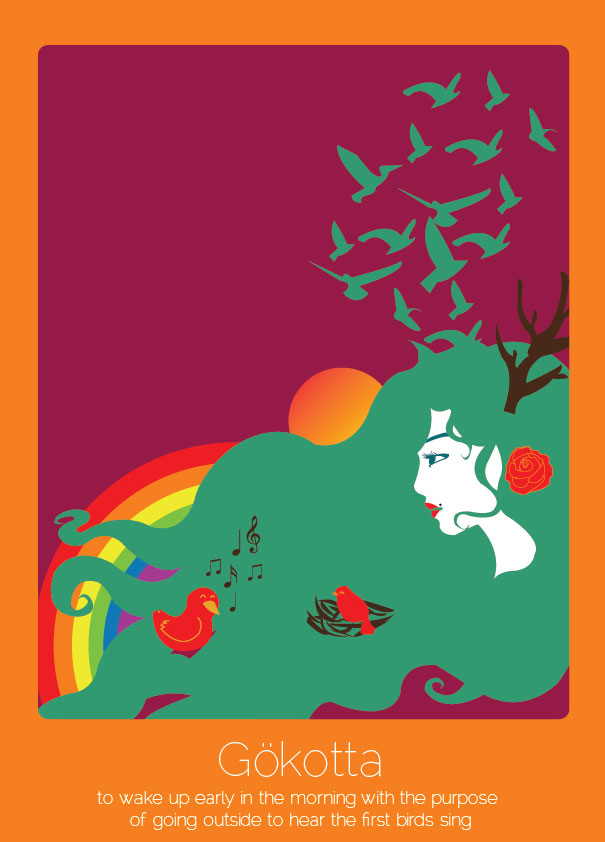
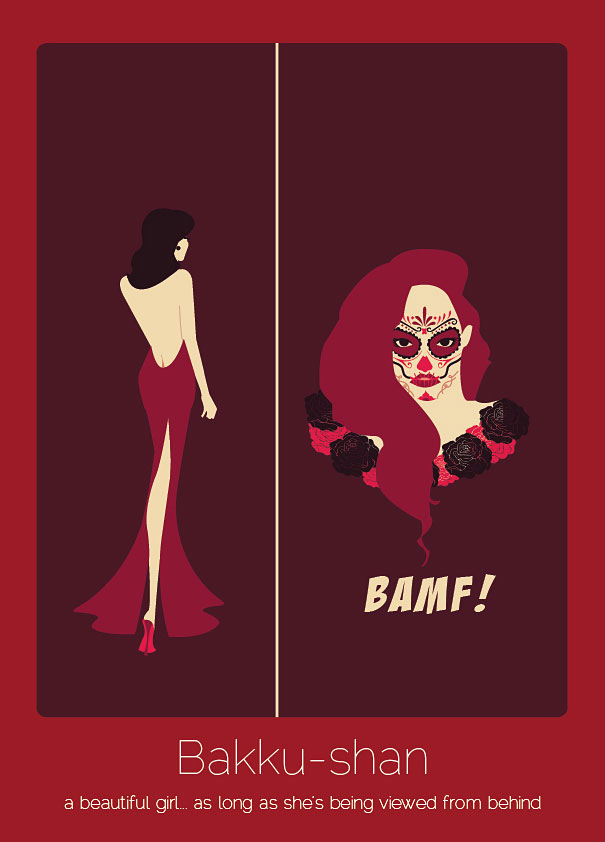
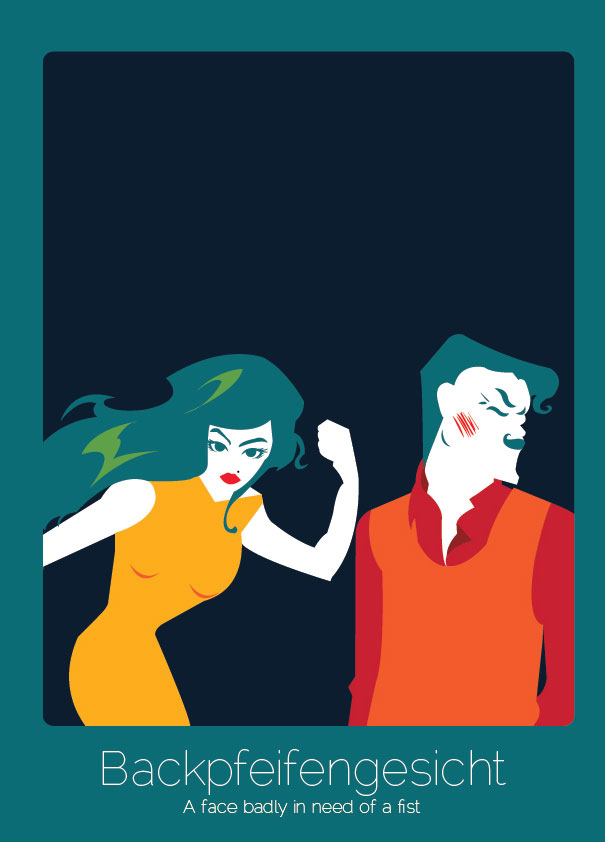
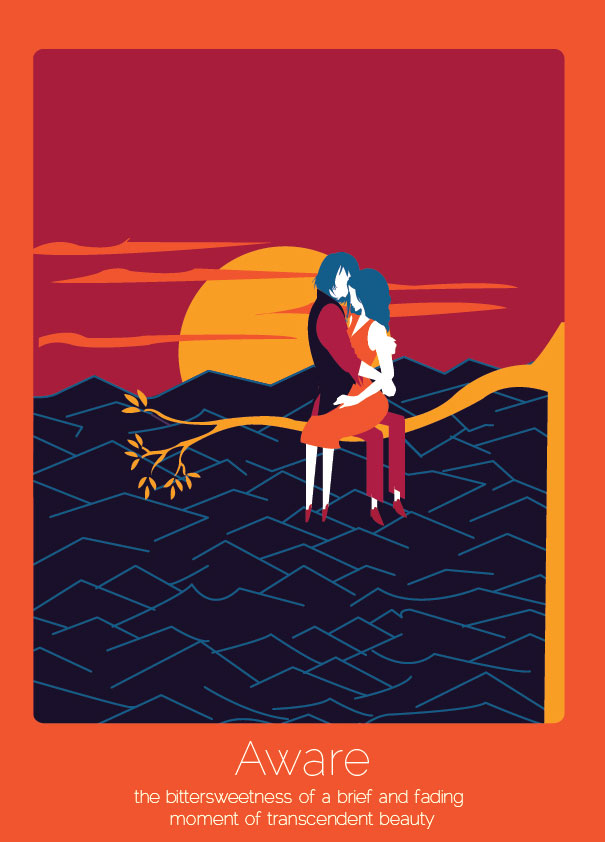
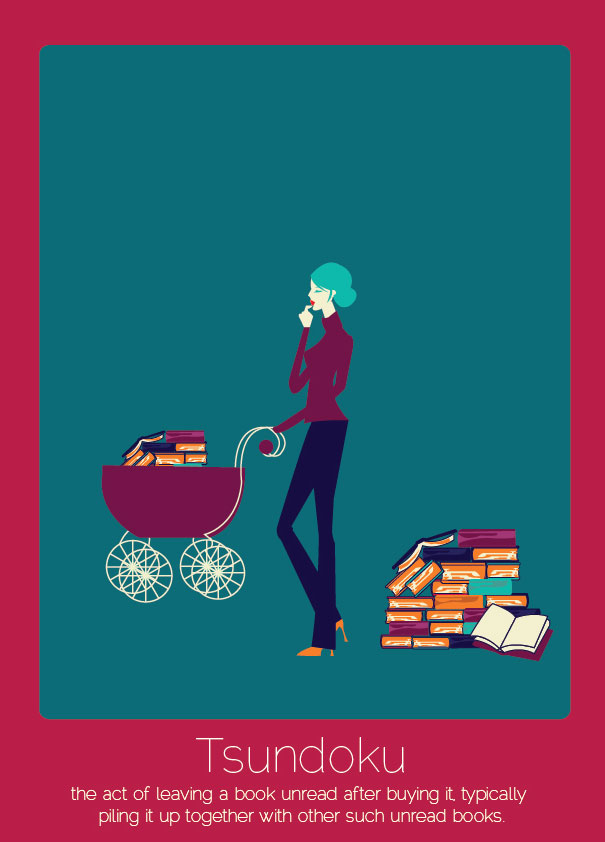
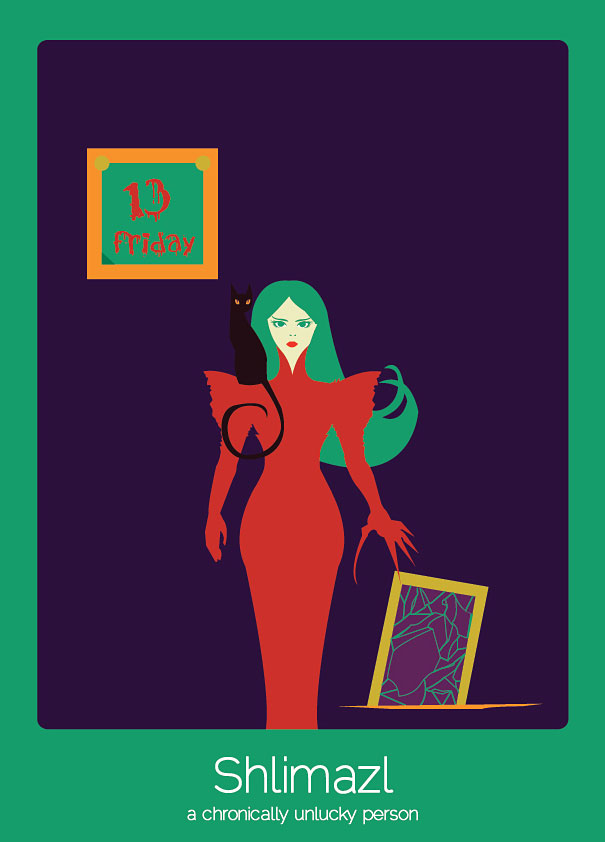
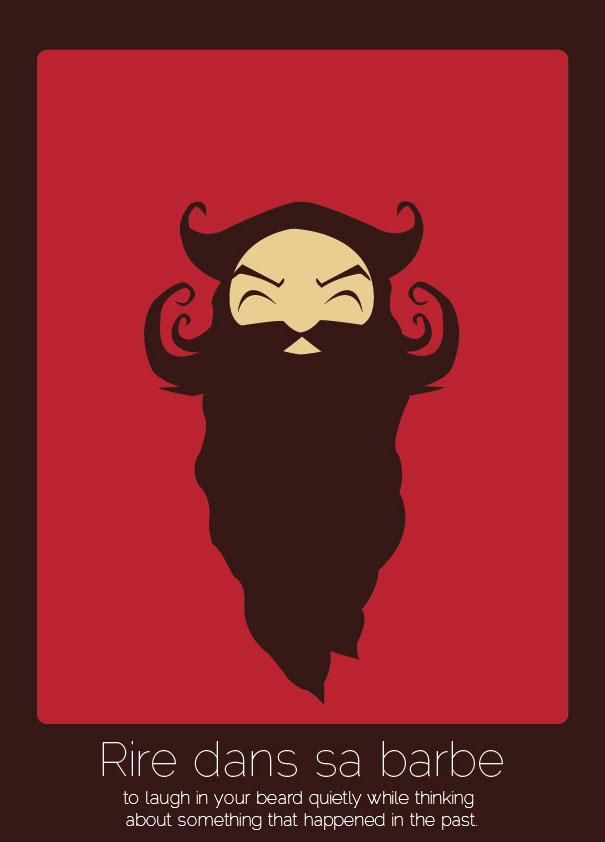
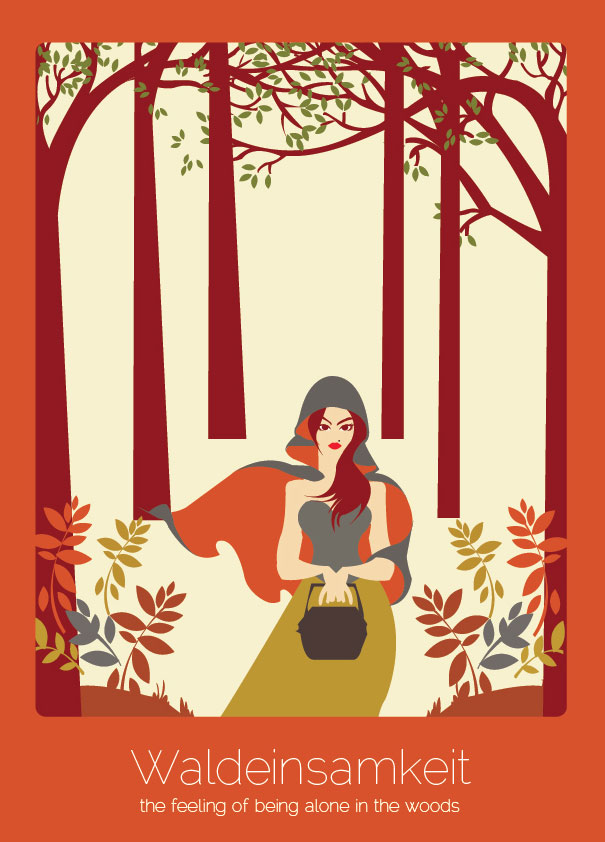
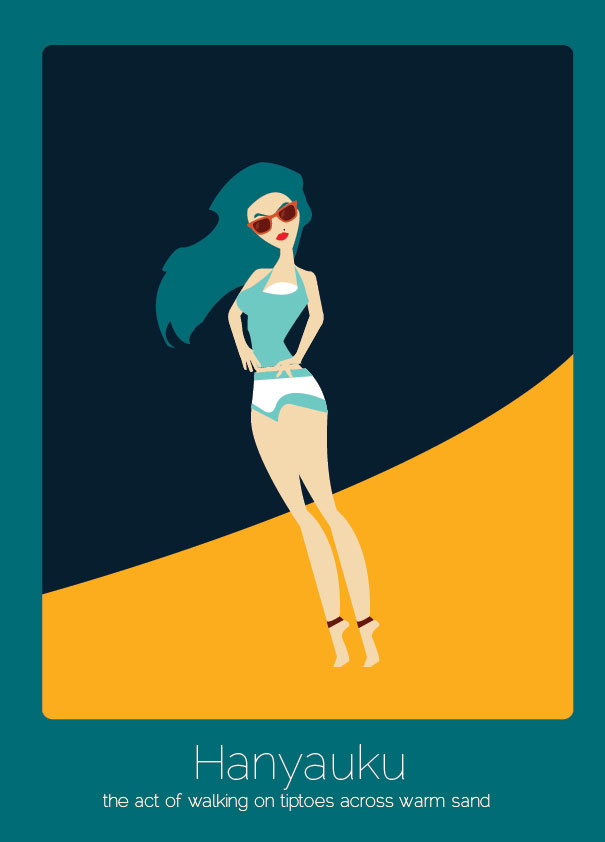
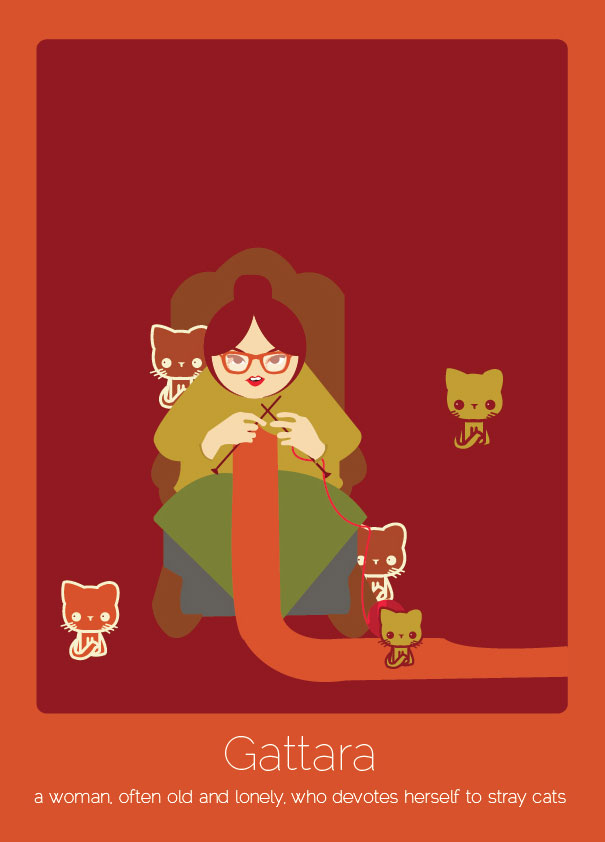

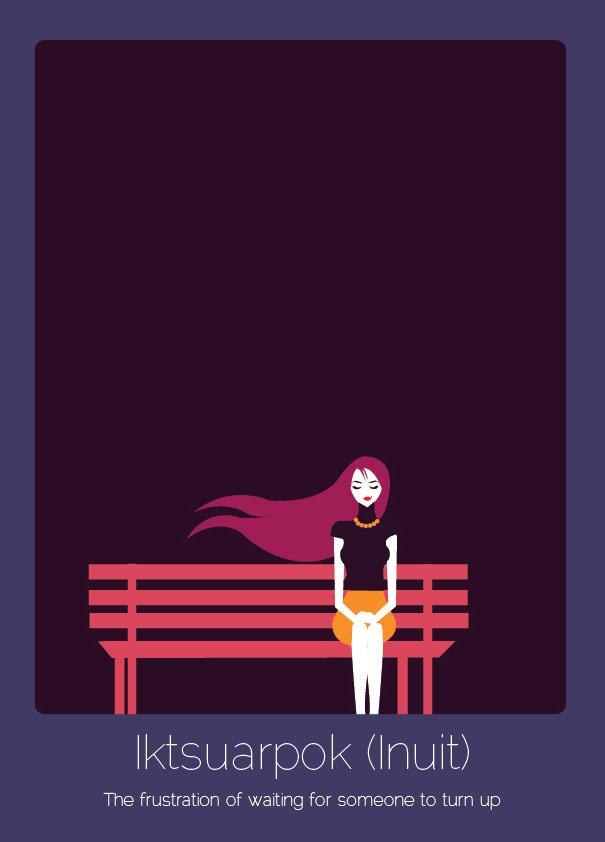
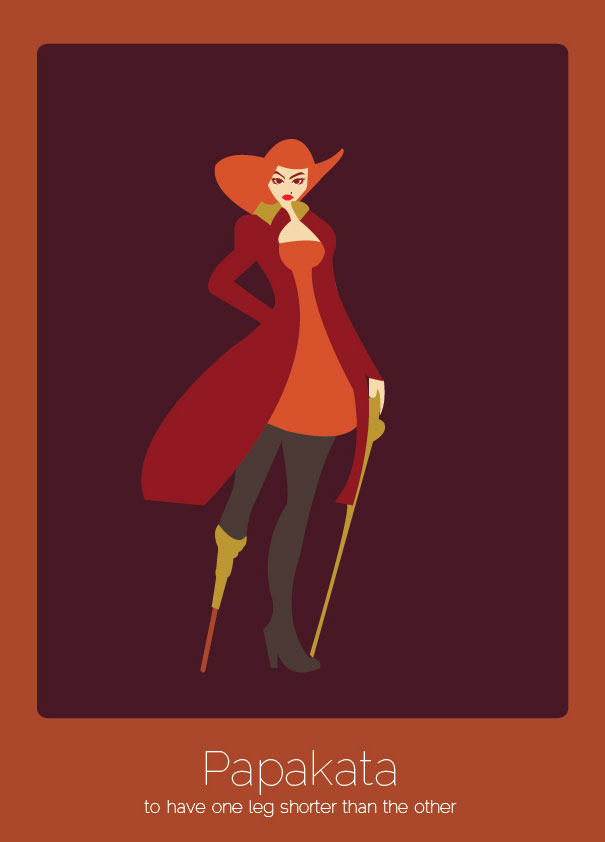
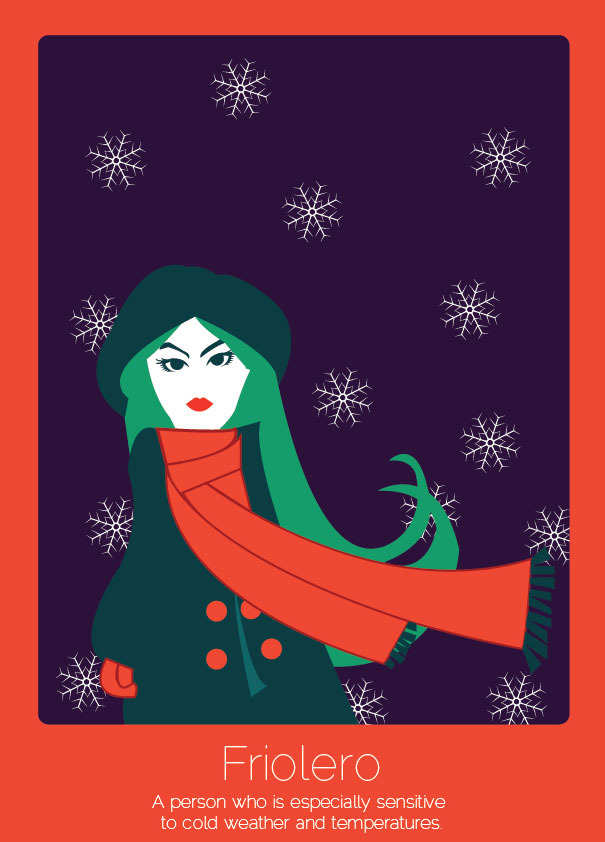
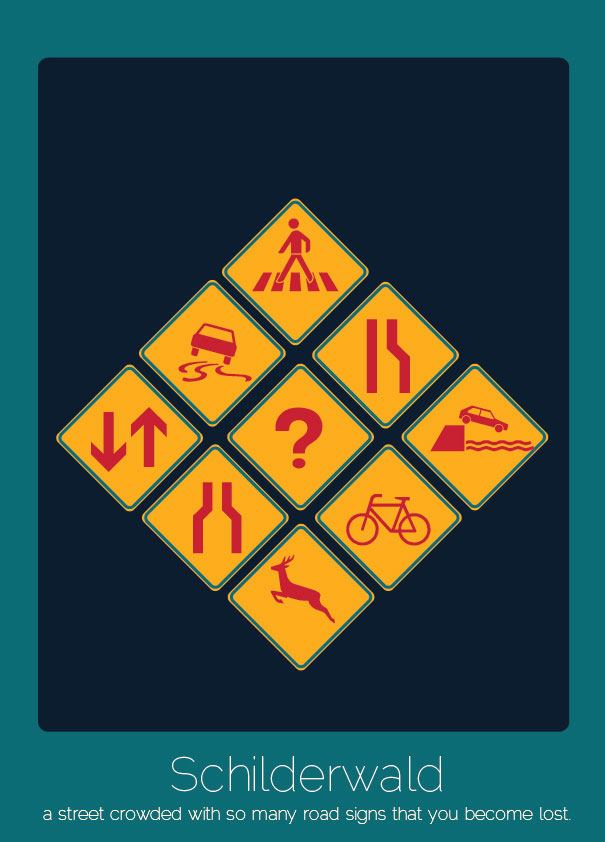
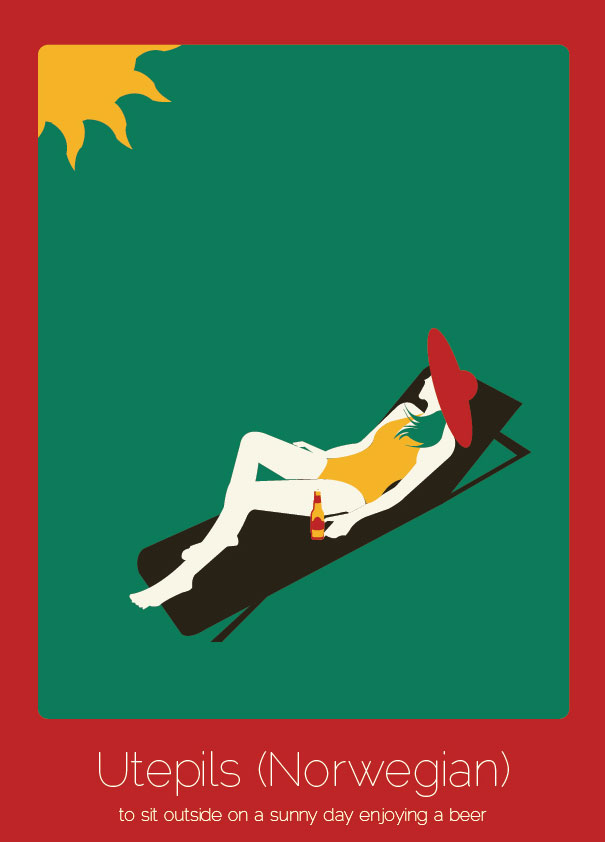
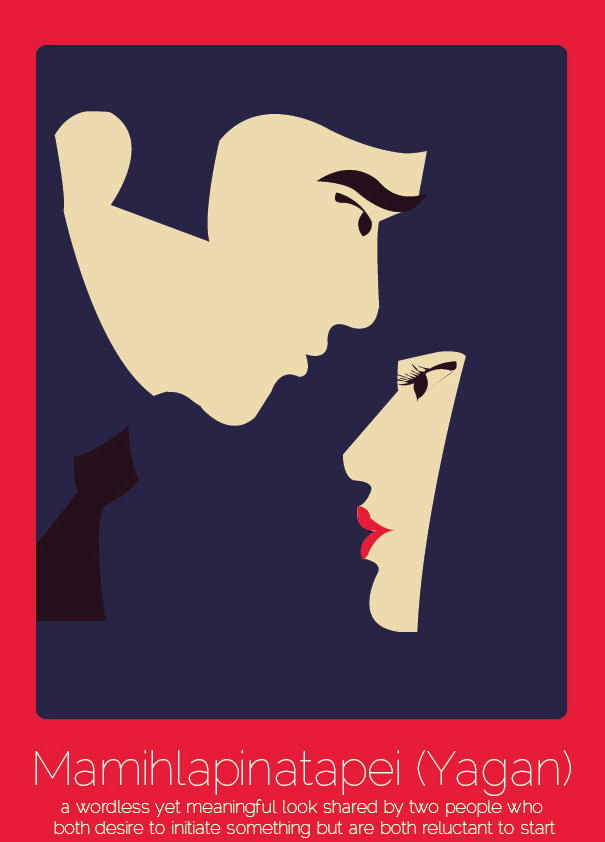
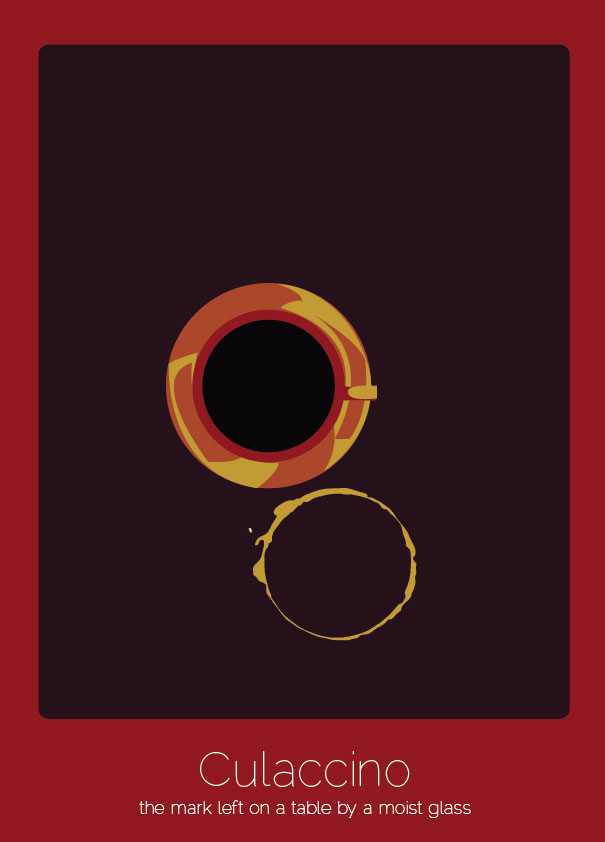
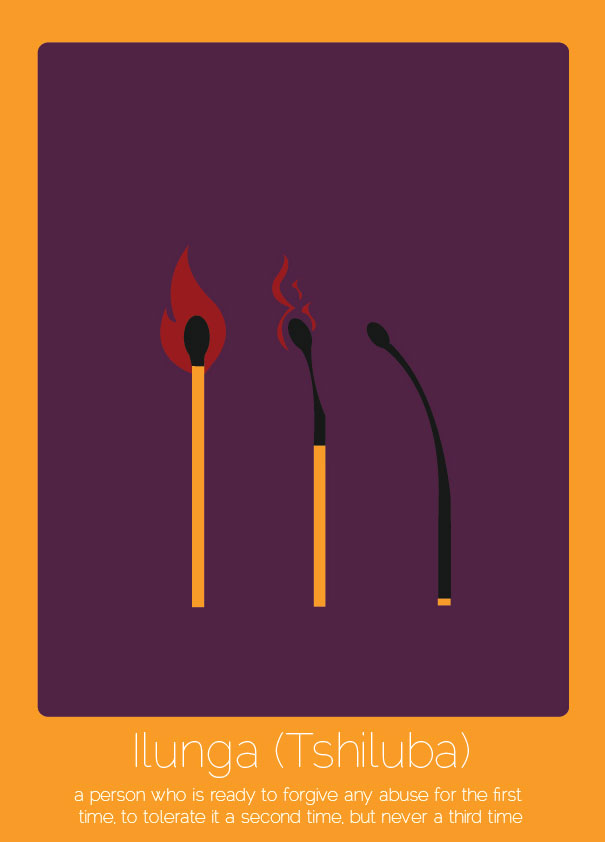
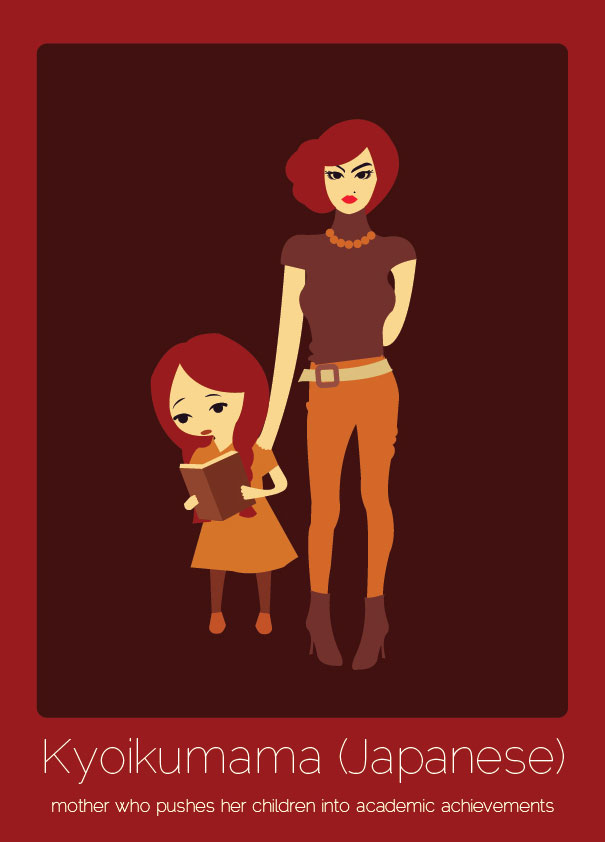
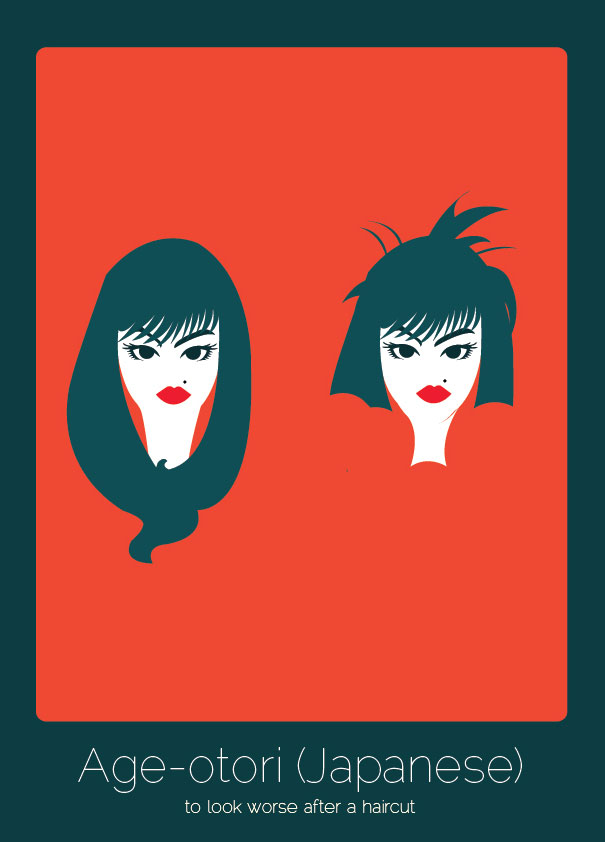
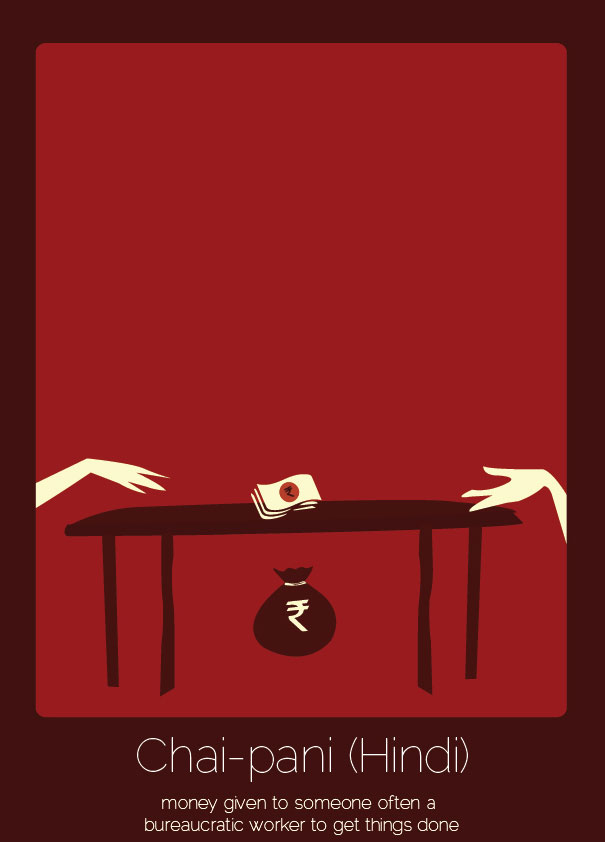
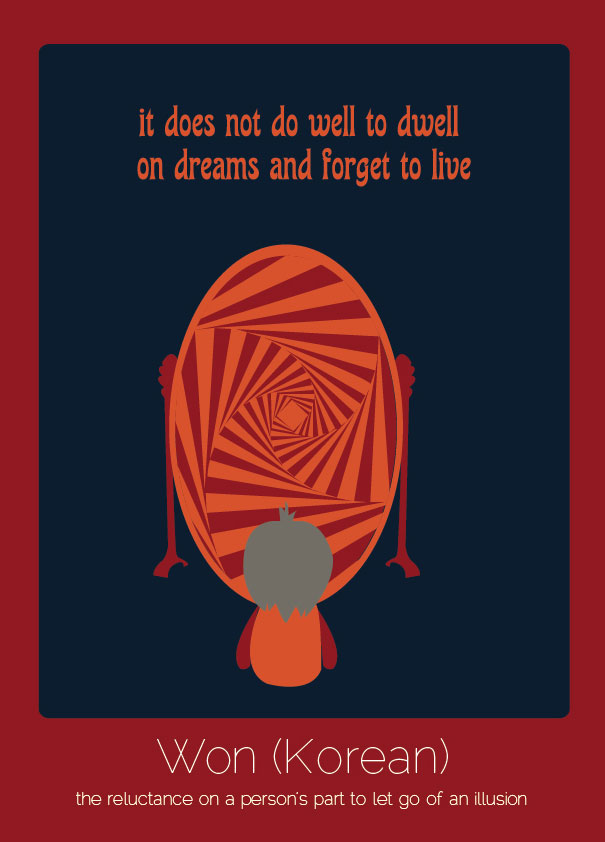
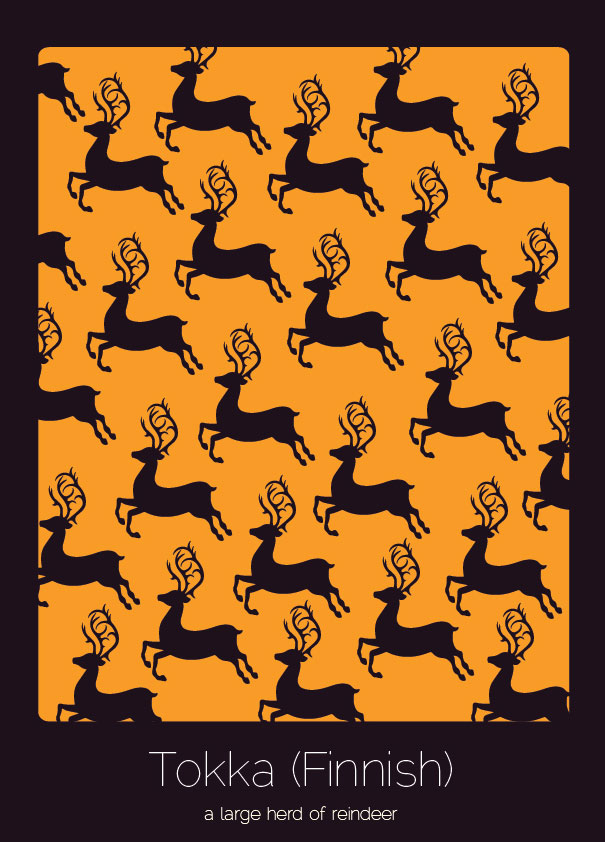
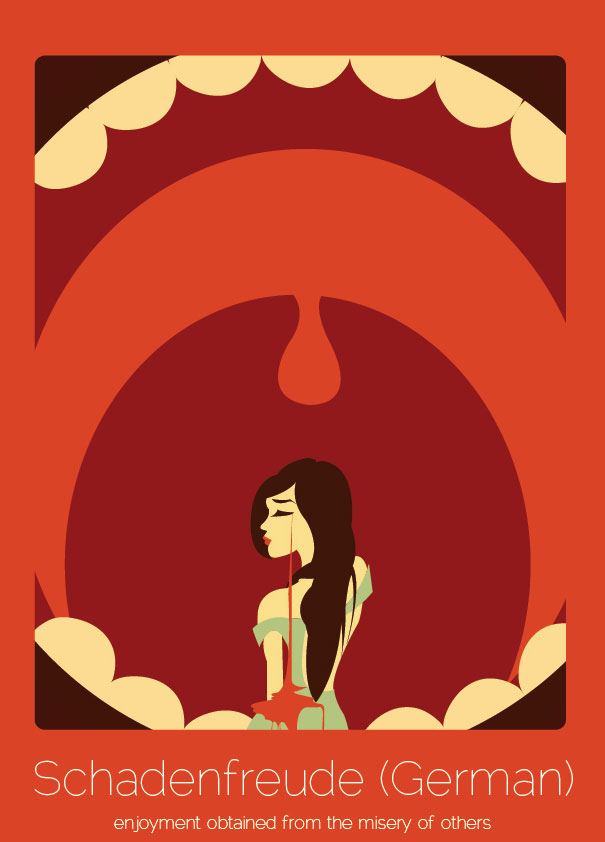
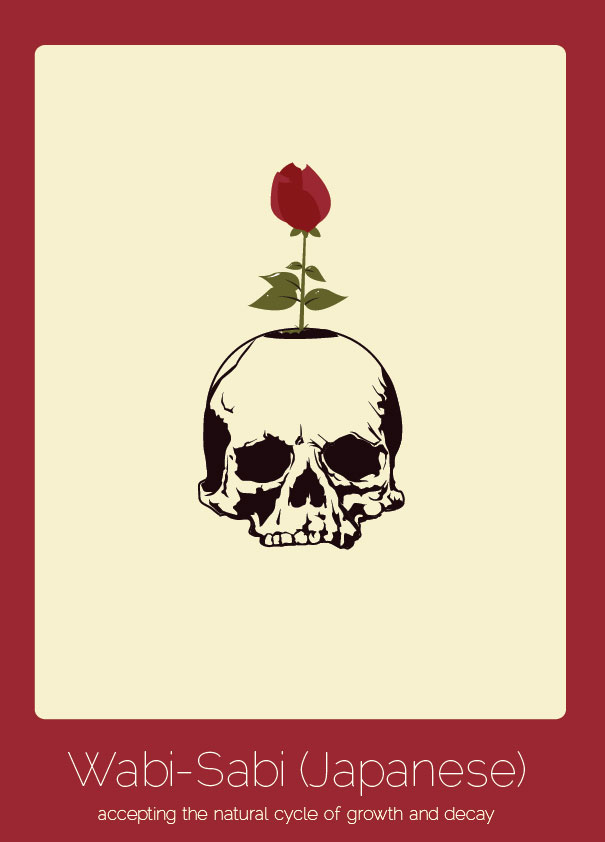











































33
53